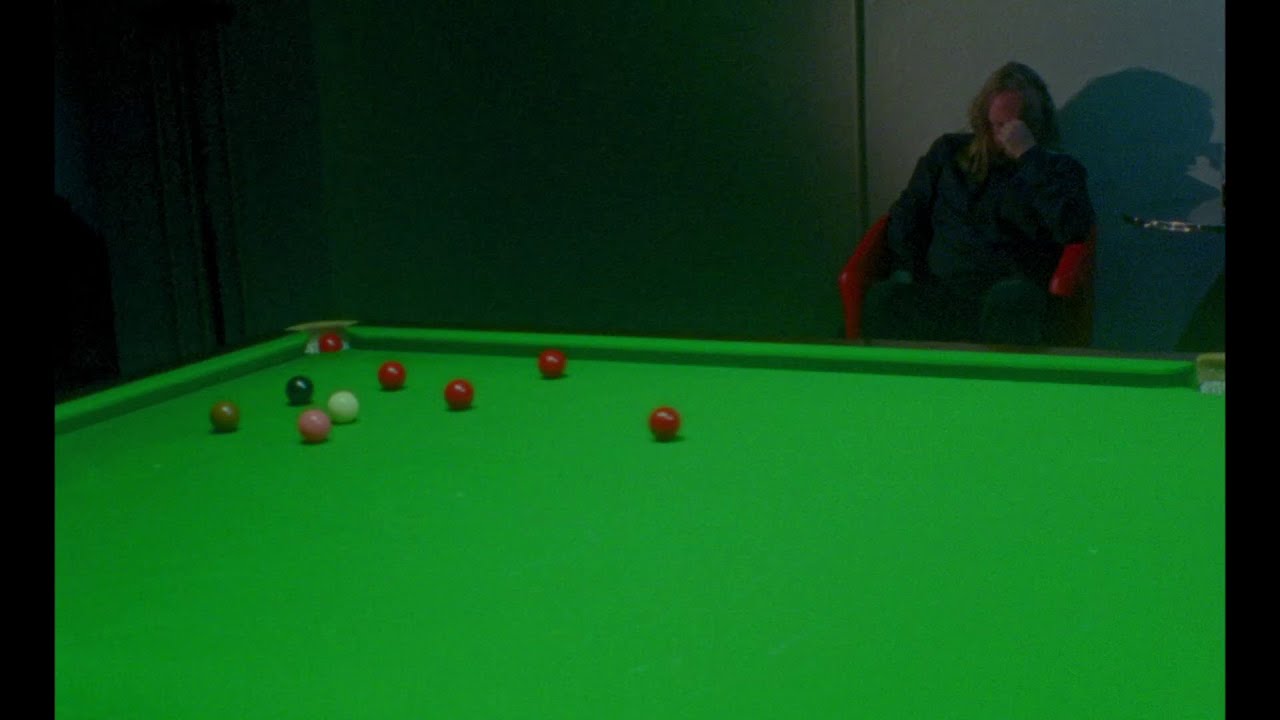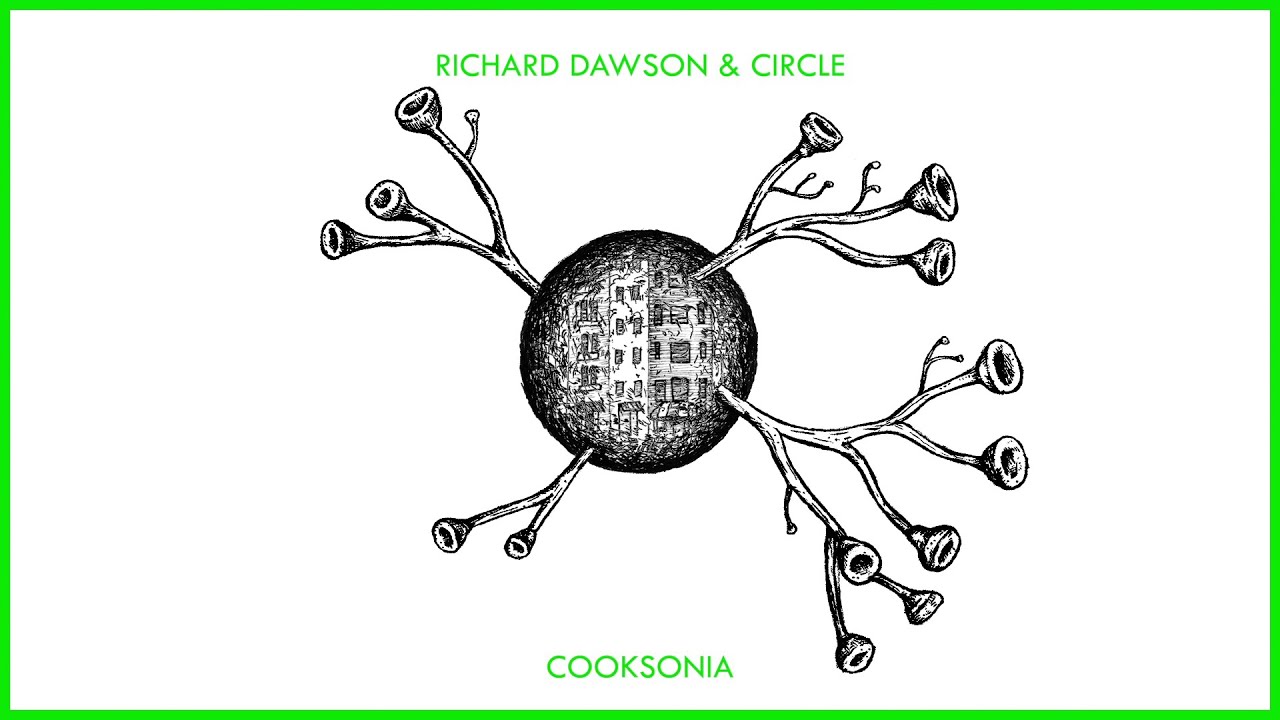Photo by Antti Uusimäki
Richard Dawson has always seemed acutely aware that a myth, tale, or fable doesn’t need to have actually happened to leave a mark on reality. Effects can be traced in the story’s ability to teach us something about the way the world works. The extent to which the fiction jumps from page or song and affects how you behave or think.
Throughout Dawson’s albums are stories of characters knocked from routine onto the verge of oblivion. He is the poet of precarity. His songs trace the hustle, the insecurity, the living from one day to day to the next on the brink. And they show that feeling that way is maybe not the exception, but the rule. Slavoj Žižek describes capitalism as being like Wile E. Coyote walking off a cliff face and everything being fine until he looks down. Dawson’s songs show this metaphor isn’t limited to political-economy, it’s palpable in our day to day reality.
On 2020, it was innocents frozen in the headlights of capitalist realism, compassion fatigue and UFO-fuelled domestic strife. On Peasant, it was unfortunates trying to find a space to survive in the magic and terror of the Dark Ages, while Nothing Important strung out immense twisting narratives, turning school trip misadventures into free-form folk sagas.
For Henki, he’s teamed up with odd-rock mavericks Circle. Combined, this supergroup eggs each other on into increasingly fantastical territory. The songs are all themed, however loosely, around plants, via ghosts and perishing fungal spores. But they’re also about humans trying to make-do in worlds that never fail to be hostile. Wading through mythological terror and Day Of The Triffids-esque horticultural horror, the characters of Henki always seem doomed to spend their days feeling lodged in a Sisyphean nightmare.
On ‘Ivy’, it’s a "poacher of men" seeing his son swallowed by malignant vines. The eight-minute narrative spirals out like a horticultural Moby Dick, turning into a full metal gallop as the protagonists’ lives slip further into violent tragedy, one of them eventually "torn limb from limb by his own mother." This strange epic mixes mythologies: a touch turning everything to stone here, a ride into the underworld with a panther there. The narrative takes some unpacking to find coherence, but the sense of desperation is always palpable.
Lead single ‘Lily’ is based on a different type of legend: tales from Dawson’s mum, who experienced spooky visions working in Newcastle’s Royal Victoria Infirmary. It’s a ghost story, but beneath the rock opera bombast is an account of a person’s life upended. A vivid depiction of seeing someone they know to be dead wandering the hospital corridors at night. The existentially-scaled chaos evoked through the stately riffs reflecting a person thrown to the brink as everything they thought they knew about the world starts to crumble.
When it comes to botanically themed prog-rock bangers, the only precedent for Henki I can think of is Genesis’ ‘Revenge Of The Giant Hogweed’. In terms of whimsical heft and snaking time signatures, Dawson and Circle are a match for Gabriel, Collins, and co. Indeed, much of Henki really isn’t a million miles away from Genesis’ Nursery Cryme, it’s just much more sludgy and ragged. The biggest difference is in the points of view. Where Genesis’ horticultural apocalypse takes something of a god-view narrative, tracks like ‘Ivy’, ‘Silphium’ and ‘Methuselah’ on Henki focus on the individuals trying to get by.
It means that with echoes of ’60s and ’70s prog behemoths seemingly becoming more acceptable after decades of being disowned, Dawson and Circle avoid one of the biggest limitations of the genre. Their songs stick in the ludicrous and speculative, both lyrically and musically. But they convey it through personal testimonies. There aren’t really heroes in the songs on Henki, just normal people struggling through, whether a fungus enthusiast trying to pay for university in ‘Cooksonia’, or a family pushed into homelessness on ‘Silphium’. It might just be a question of who’s narrating, but it humanises the excess.
There’s often a paradox in Dawson’s songs that if you read them off a sheet of paper they’d be as depressing as hell, yet on record they sound absolutely triumphant. It resonates with Voltaire’s grappling with existential scaled misfortune. In Candide, the French writer depicts a world which always seems determined to heartlessly throw up a new obstacle to happiness, yet somehow the story never feels melancholic. Dawson and Circle don’t have the French satirist’s cynicism; none of the characters in Henki naïvely believes they’re living in "the best of all possible worlds." Most of them seem to know they’re having a terrible time of it, yet their stories are flipped into strange fables of the triumph of the human spirit.
Through sheer absurd weight Circle amplify this duality that’s always been in Dawson’s music. Over a three-decade-plus career, the Finnish six-piece have gone through the extremes of heavy music, from hair metal to cavernous doom. They seem rooted in an almost camp fascination with genre, pushing excesses, melodrama, and heaviness over the precipice and into new heights of glorious ridiculousness. Throughout Henki, their gargantuan force and flights of fancy add an additional theatrical layer to Dawson’s already theatrical songs. The collaboration feels most fluid on closer ‘Pitcher’. Beginning with Dawson’s voice in a breathless howl, it ends up firing through layers upon layers of extremes as it tells the tale of missionaries confronted with the tower of death. Culminating in a rabble-rousing blast through wall crushing absurdity, this bizarre horror story can’t help but feel absolutely defiant.
On Henki, Dawson and Circle spin out tales of woe and misfortune to cosmic level proportions. It means that when Dawson wails "How we are lost, strolling the highway, leaving behind the only home we have ever known," on ‘Silphium’, you’re in no doubt he and Circle are capable of being diagnosis and salvation in one. Their songs are flights of whimsy and pure fantasy, delivering psychic escape while never fully detaching from the fact that most of us are just normal people trying to make do. A heart-warming reminder that even scientists, mythological characters, and protagonists in prog rock epics sometimes feel like their life is spent futilely pushing a boulder up a hill.





